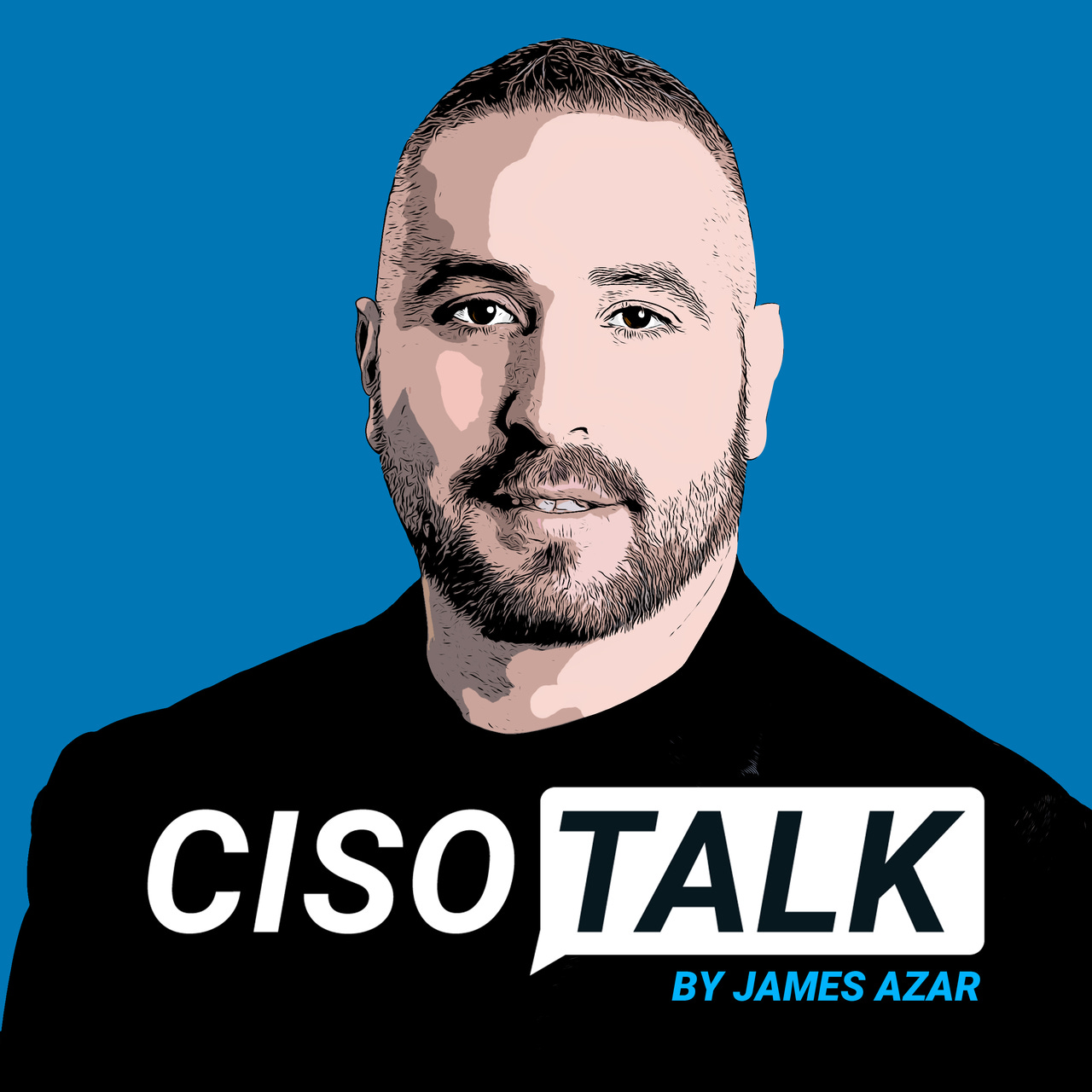In this episode of the Cyber Hub Podcast, James Azar provides an in-depth look at pressing cybersecurity issues impacting various industries.
Below is a summary of the key stories covered, along with actionable advice for cybersecurity practitioners.
Apple CPU Attack: Unveiling GoFetch
A team of researchers from multiple U.S. universities disclosed a new side-channel attack method named GoFetch. This attack targets systems powered by Apple CPUs, potentially extracting secret encryption keys from cryptographic implementations. The method requires local access to the device, highlighting the need for physical security measures.
Action Points:
1. Strengthen physical security protocols to restrict unauthorized access to devices.
2. Review and update device access policies, ensuring they align with best practices for securing sensitive hardware.
Fortinet Exploit: A Call to Patch
A critical vulnerability, identified as CVE-2023, has been discovered in the Fortinet FortiClient Enterprise Management Server, allowing remote code execution with system privileges. The low complexity of the attack underscores the urgency of applying patches.
Action Points:
1. Immediately patch affected Fortinet devices to mitigate the risk.
2. Regularly monitor and update all cybersecurity tools to guard against emerging threats.
Mozilla ZeroDay: Patching Urgent Vulnerabilities
Mozilla has issued updates for the Firefox browser to address two ZeroDay vulnerabilities, CVE-2024-29943 and CVE-2024-29944. These vulnerabilities allowed attackers to escape the browser sandbox and execute code on the system.
Action Points:
1. Ensure all Firefox browsers within the organization are updated to the latest version.
2. Educate users on the importance of maintaining up-to-date software to protect against known vulnerabilities.
Python Supply Chain Attacks: The Colorama Clone Incident
Checkmarx reported a sophisticated supply chain attack targeting Python developers. Attackers cloned the Colorama tool, embedding malware to steal information. The fake version was distributed through a typosquatting domain, resembling the legitimate Python package repository.
Action Points:
1. Implement strict vetting processes for external libraries and tools, verifying their authenticity and integrity.
2. Educate development teams on the risks of supply chain attacks and encourage the use of official sources for downloading dependencies.
Russia Targets Germany: Cozy Bear's Phishing Campaign
APT29, also known as Cozy Bear, has launched a phishing campaign targeting German political parties and diplomatic missions. The campaign aims to deploy Wine Loader malware for remote access, indicating a strategic shift in the group's focus.
Action Points:
1. Train employees on recognizing and reporting phishing attempts to prevent malware infections.
2. Implement advanced email filtering solutions to detect and block phishing emails and malicious attachments.
China's Cyber Espionage: Exploiting Screen Connect and F5 Vulnerabilities
Google's security firm Mania reported on a Chinese threat actor exploiting vulnerabilities in Screen Connect and F5 products to target defense contractors and government entities globally. The actor, believed to be linked to China's Ministry of State Security, uses custom tools for these attacks.
Action Points:
1. Apply patches for known vulnerabilities in Screen Connect and F5 products promptly.
2. Monitor network traffic for unusual activities that could indicate a breach or an ongoing attack.
Post-Quantum Cryptography: Google's Recommendations
Google highlighted the importance of preparing for post-quantum cryptography, providing guidance on prioritization considerations for cybersecurity practitioners. This includes assessing the feasibility of quantum attacks and the need for industry collaboration on cryptographic redesigns.
Action Points:
1. Stay informed about developments in quantum computing and its implications for cryptography.
2. Begin evaluating current cryptographic practices and planning for a transition to post-quantum algorithms where necessary.
Cybersecurity Standards Proposal: Senator Mark Warner's Initiative
In response to significant breaches, Senator Mark Warner is proposing legislation to establish minimum cybersecurity standards for vendors. This initiative aims to improve cybersecurity hygiene across industries.
Action Points:
1. Engage with legislative processes by providing feedback on proposed cybersecurity standards to influence effective policy-making.
2. Review and align internal cybersecurity practices with emerging standards and best practices.
Conclusion
This episode of Cyber Hub Podcast sheds light on current cybersecurity threats and vulnerabilities affecting a wide range of technologies and industries. By following the actionable advice provided, cybersecurity practitioners can enhance their defenses against these evolving threats.
Stay tuned for more updates and insights in future episodes, and remember to prioritize cybersecurity in your daily operations.
Story Links:
https://www.securityweek.com/new-gofetch-apple-cpu-attack-exposes-crypto-keys/
https://www.securityweek.com/mozilla-patches-firefox-zero-days-exploited-at-pwn2own/
https://www.securityweek.com/top-python-developers-hacked-in-sophisticated-supply-chain-attack/
https://cyberscoop.com/cybersecurity-minimum-standards-change-healthcare-mark-warner/
Apply now to be a featured partner on the show: https://www.cyberhubpodcast.com/contact
******
Listen here: https://linktr.ee/cyberhubpodcast
SubStack:
******
Website: https://www.cyberhubpodcast.com
Youtube: https://www.youtube.com/c/TheCyberHubPodcast
Rumble: https://rumble.com/c/c-1353861
Facebook: https://www.facebook.com/CyberHubpodcast/
Linkedin: https://www.linkedin.com/company/cyberhubpodcast/
Twitter: https://twitter.com/cyberhubpodcast
Instagram: https://www.instagram.com/cyberhubpodcast
The Hub of the Infosec Community.
Our mission is to provide substantive and quality content that’s more than headlines or sales pitches. We want to be a valuable source to assist those cybersecurity practitioners in their mission to keep their organizations secure.
















Share this post